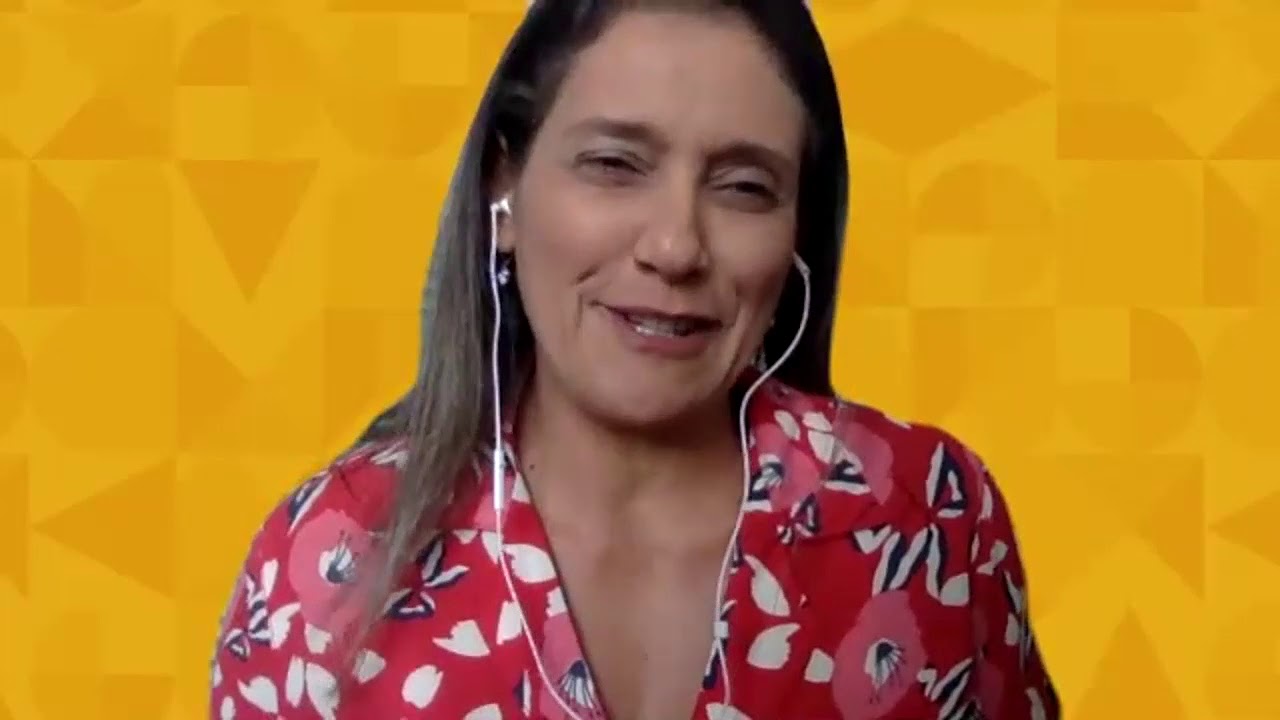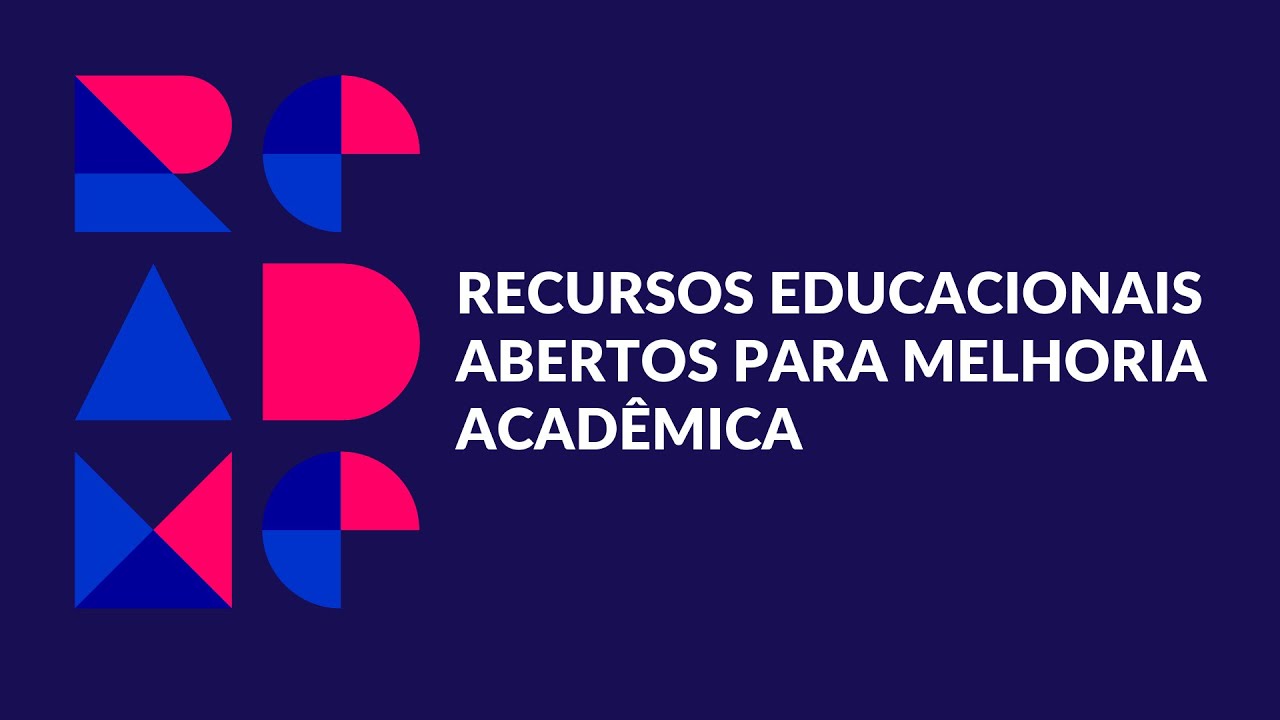Author: Cristine Gusmão
Institution: Federal University of Pernambuco
Country: Brazil
Topic: Applications of Open Education Practices/Open Pedagogy/Open Education Research
Sector: Lifelong Learning
UNESCO Area of Focus: Sustainable OER
Session Format: Presentation
Abstract
INTRODUCTION: Sustainability and the 2030 Agenda are primarily concerned with promoting lifelong learning. In the face of global actions to support the fight against COVID-19, many initiatives were created, products and processes developed and under development. It is no different in Brazil, as well as at the Federal University of Pernambuco. An initiative of great importance and interest is available to the community and society through the Covid-19 Observatory. It covers projects associated with different themes that integrate strategic actions cataloged in four main axes: diagnosis and identification of the virus, public policies, economics and society and creative industries. Considering the Sustainable Development Objectives (SDGs), grouped by the main areas of interest in Global Health, this article presents preliminary study to create a sustainable OER model.OBJECTIVES: The main goal is to present an initial analysis of a set of research projects and adherence to groups of SDGs in topics of interest to Global Health, to support the development of Open Educational Resource Repository - REAdME.
METHODOLOGY: A set of actions and an integrated strategy to studying, understanding and cataloging research projects was conducted as a way to ensure the identification of requirements for modeling and developing OER.
OUTCOMES: In all, 77 projects were evaluated: 22 Diagnosis and identification of the virus (DIV), 30 Health Public Policies (HPP), 11 Economy and Society (EC), 14 Creative Industry (CI). The projects were analyzed based on their documentation: structured executive summary with information on general and specific objectives, methodology and expected results. Attentive to the identification of requirements for OER modeling, according to UNESCO’s recommendation, the sustainable development objectives of Agenda 2030, all projects initially cataloged in the thematic axes were reassessed in the perspective of the SDGs:
• Challenges and resilience for global health (SDGs 3, 4, 5, 6, 9, 11, 12, 13, 17) – 11 DIV, 6 HPP, 1 CI.
• Digital information and communication technologies applied to health education (SDGs 3, 4, 6, 7, 8, 9, 11, 12, 13, 14, 15, 17) – 1 DIV, 9 HPP, 4 ES, 4 CI.
• Entrepreneurship and technological innovation in health ¬ (SDGs 3, 4, 6, 7, 8, 9, 10, 11, 12, 15, 16, 17) – 5 DIV, 3 HPP, 1 ES, 1 CI.
• Health communication, development and sustainability (SDGs 3, 4, 6, 7, 8, 9, 10, 11, 12, 13, 14, 15, 16, 17) – 5 DIV, 12 HPP, 6 ES, 8 CI.
Specifically, identifying and describing the model structure of the open educational resource repository will be a valuable strategy for improving the curation of digital academic documents, cataloging institutional resources, digital preservation and policy availability, and using digital content. An important point is the structuring of metadata to guarantee the use of OER to allow a broad search.
Requirements modeling and refinement activities are ongoing. The expectation is that the REA community to be developed in UFPE’s Institutional Repository will be available to the community by the end of 2020.
Keywords
Covid-19 initiatives, Research Project, Sustainable Development Goals, Open Educational Resources


